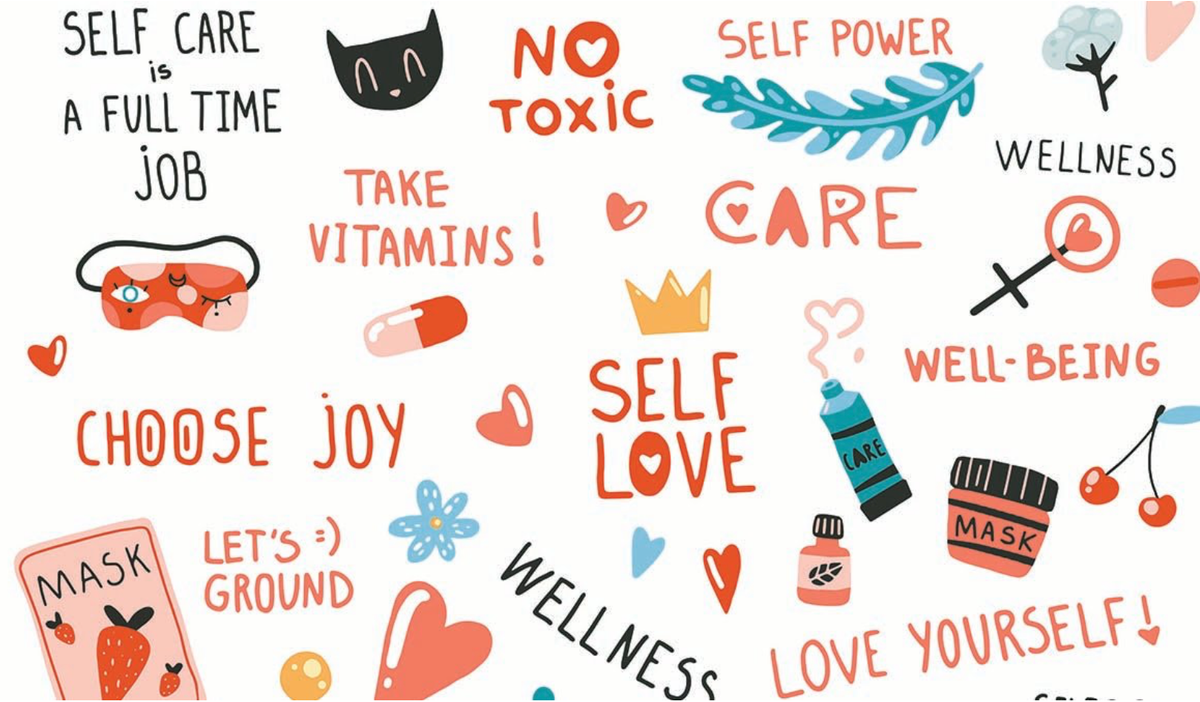How big business uses wellness to make us work harder

Mindfulness is big business. Google, Target, and Ford all teach their employees mindfulness. The global wellness industry is now worth $4.5 trillion. Meditation apps such as Headspace and Calm are downloaded in the millions, with Calm –the ‘mental health unicorn’ valued at $1 billion.
But while many have heralded mental health's move into the mainstream, others are questioning why it's become so popular among business leaders.
Over at The Conversation, Zoe Krupka suggests it's less about bringing ancient Eastern philosophy to a new audience, and more about teaching people how to accept their powerlessness.
Learning to feel hopeless 🧑🎓
"While there can be little doubt that the practice of mindfulness can lead to significant health benefits, its current prominence in corporate culture is nested within a social, cultural and political context where stress is now seen as a failure of the individual to adapt to the productivity demands of the corporation,"
In other words, says Krupka, if you’re stressed out, you’re not working hard enough on your personal focus strategy. You’re letting the team down. She also explains how mindfulness has become heavily gendered.
"In a culture where women are much more likely to be encouraged to apply acceptance, silence, stillness and the relinquishing of resistance to their problems, the trap of mindfulness can be set to stun for those who may be much more in need of speaking up, resisting and taking space in the workplace."
The rise of "mefulness" 🙋
Ronald Purser, the author of McMindfulness: How Mindfulness Became the New Capitalist Spirituality (it's in the notes below) argues that mindfulness has separated from its original Buddhist ideals. It was originally part of the Noble EightFold Path where students learned about moral virtues, wisdom, and lastly meditation.
The meditation aspect of the teaching was less about being aware of how you feel and breathing practices, it's about a spiritual exploration of one's sense of self. "That is the very thin end of a big wedge," Purser says suggesting that the Western incarnation should be renamed, “mefulness or myfulness.”
So where do we go from here? Krupka has an elegant summation. "If we truly become mindful of our existence then our recurrent anxieties become not just a wave we watch pass through our minds, not something to be mastered in order to be a better servant, but a call to take action in order to be more fully alive."
Here here.
Ok, where can I learn more? 📚
- McMindfulness: How Mindfulness Became the New Capitalist Spirituality - a great book by Ronald Purser on the subject.
- Selling Spirituality: The Silent Takeover of Religion is another cracking read on the subject.
- Why meditation should be taught in schools.





